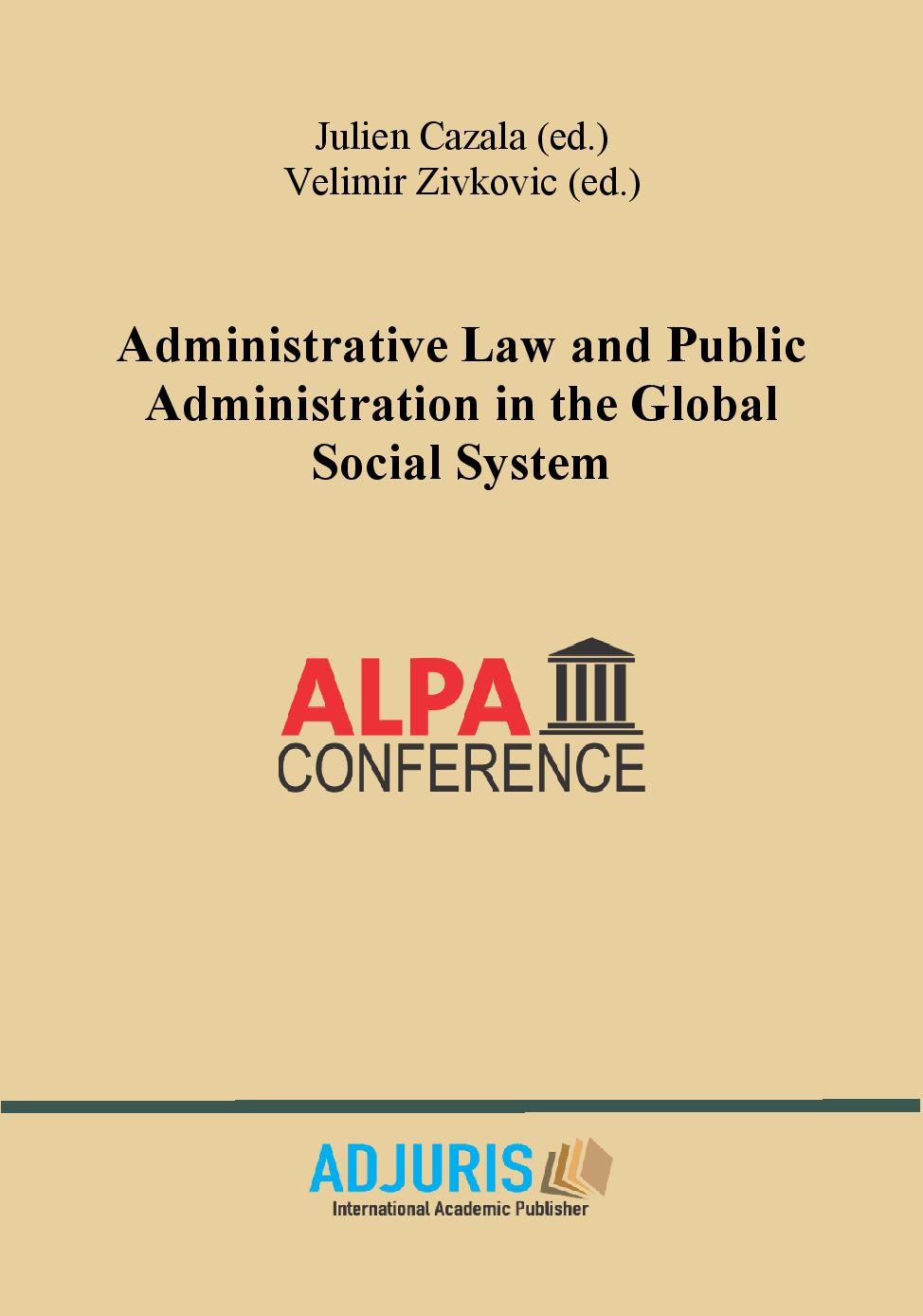The Factors on which Islamist Extremism in the Western Balkans
The Factors on which Islamist Extremism in the Western Balkans
Author(s): Kole Krasniqi
Subject(s): Public Administration, Geopolitics
Published by: Societatea de Stiinte Juridice si Administrative
Keywords: Islamic terrorism; Islamic fundamentalism; Islamic extremism; Kosovo; Western Balkans;
Summary/Abstract: The region of the Balkans in general had always been areas where different cultures and the influences of major powers clashed. The influence of the Roman Catholic Church collided with that of the Byzantine Orthodox Church, Islam clashed with Christianity and the geostrategic interests of the East collided with those of the West. These cultural and religious clashes on the same territory as well as the impacts of the different geostrategic interests resulted over the course of the past centuries in the development of different competitive cultures and religions sometimes opposed to each other in Western Balkans. Irrespectively of this religious and cultural diversity, the Albanian people have not been treating these ideological divides as separations of the entire nation based on a religious basis. Rather, they have been cultivating feelings of harmony, tolerance and understanding with respect to members of other faiths. But unfortunately, the traditional model of harmony and interfaith tolerance that had existed in Kosovo for centuries hascome more and more under attack in recent times. The origin of these attacks extends from the beginning of 1992, when civil war began in Bosnia and Albania joined the Organization of the Islamic Conference.
Book: Administrative Law and Public Administration in the Global Social System
- Page Range: 131-137
- Page Count: 7
- Publication Year: 2021
- Language: English
- Content File-PDF

